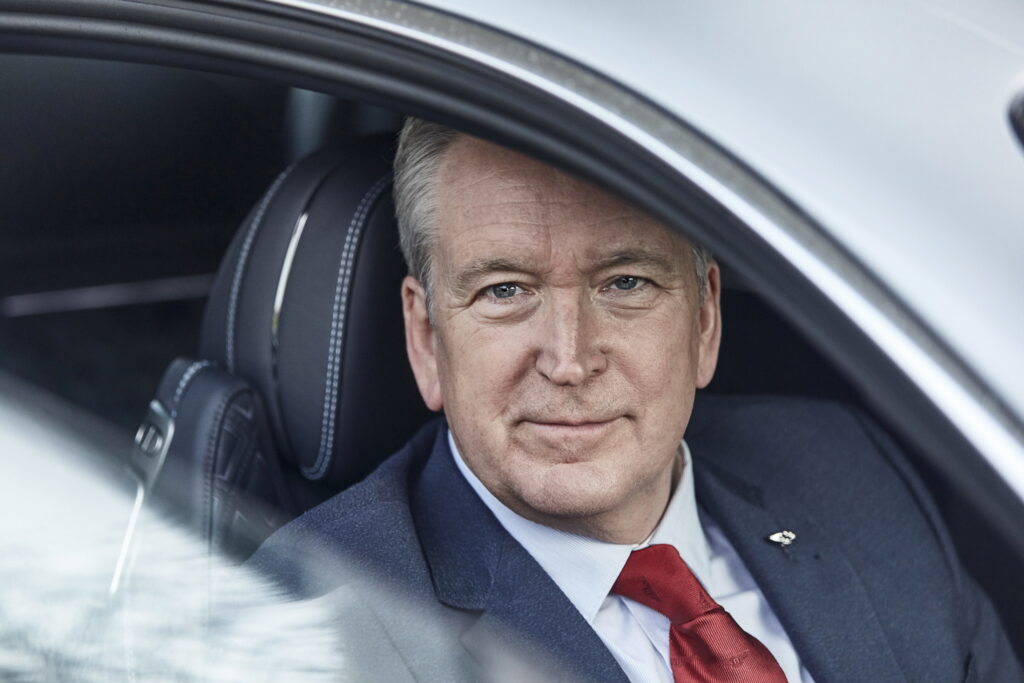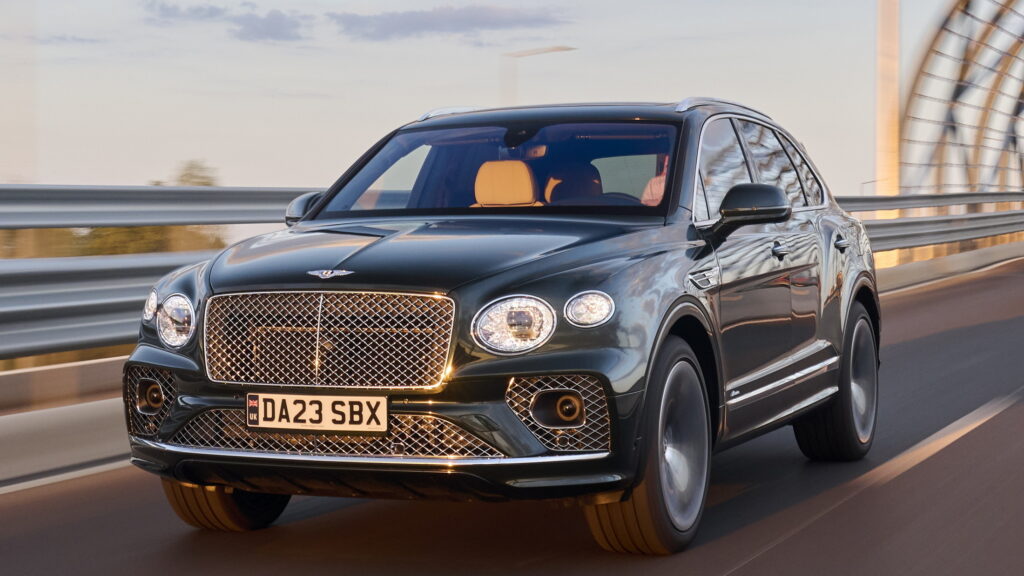Although Mercedes and BMW are now offering Level 3 autonomous vehicles, Bentley is holding back
1 hour ago
 –>
–> 
–>
- Bentley won’t follow Mercedes and BMW in offering a Level 3 autonomous system to its buyers.
- CEO Adrian Hallmark calls Level 3 “the most risky phase of autonomous.”
- Bentley will offer a “Level 2 Plus Plus” system, and its parent company VW is working on Level 4 systems.
Mercedes and BMW have taken a step forward in the realm of automotive technology, offering Level 3 autonomous systems to their customers. However, Bentley won’t offer a system of its own, as it says the technology is a step backwards in terms of safety.
The British automaker’s soon-to-depart CEO, Adrian Hallmark, recently called Level 3 systems “dangerous.” Whereas Level 2 systems take over some of the controls while driving (steering and managing speed), they require the driver to stay focused on the road at all times.
Level 3 systems allow drivers to take their attention off the road, so that they could read a book behind the wheel, for example. However, the systems require drivers to be ready to take over control of the vehicle at all times, which can be a problem.
“We think Level 3 is dangerous from all the testing analysis that we have done because it relied too much on recovery of attention and intervention from the driver,” Hallmark said, per Autonews. As a result, Bentley will focus on Level 2 Plus and Level 2 Plus Plus systems.
Read: BMW’s 7-Series Finally Gets L3 Autonomy, Even Works In The Dark

That will include remote parking assistance and something called “highway assist,” though Hallmark did not clarify what will make that better than a Level 2 system. Unfortunately, although Levels 1 through 5 are clearly defined, the meaning of the “pluses” appended to each number is up to automakers to define. For example, Tesla calls Autopilot a Level 2 system, and FSD a level 2 Plus system.
Ill-Defined Terms, Ill-Defined Liability
While Hallmark calls Level 3 autonomous technology the “most risky phase of autonomous” development, that risk might not lie exclusively with road users. Mercedes, which offers Level 3 autonomous technology in the U.S., has said that it will accept legal liability for accidents that occur while the product is in operation.
Liability is something that has been notably difficult to pin on automakers offering Level 2 systems. And recent reports on the technology have found it to be lacking.
More: IIHS Thinks Assistance Tech Is Junk, Even The Best-Rated Lexus System Is Only “Adequate”

However, just because Hallmark believes that Level 3 systems are more dangerous than Level 2, this doesn’t mean that he thinks that progress should stop. He claims that “Level 4 is much safer.” Vehicles with these systems require no input from the driver in certain areas (such as a divided highway), but they retain a steering wheel and other human-oriented controls.
Automakers have not yet managed to offer such a system to consumers, though. In part, that’s because there is no regulation to control them, unlike Level 3 autonomy, for which there are UN regulations.
But automakers are still working towards these increasingly self-operated vehicles, and Bentley’s parent company, VW, has signed a deal with Mobileye to bring Level 4 autonomous vehicles on public roads by 2026.